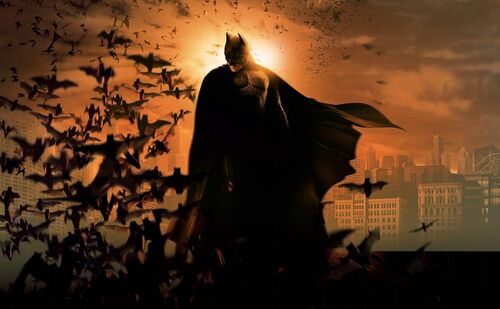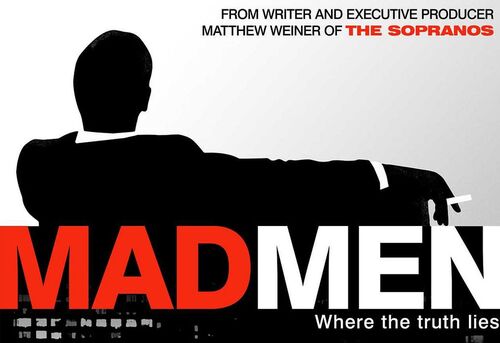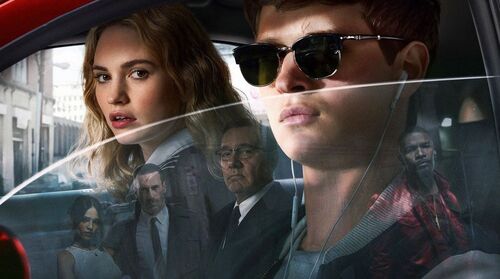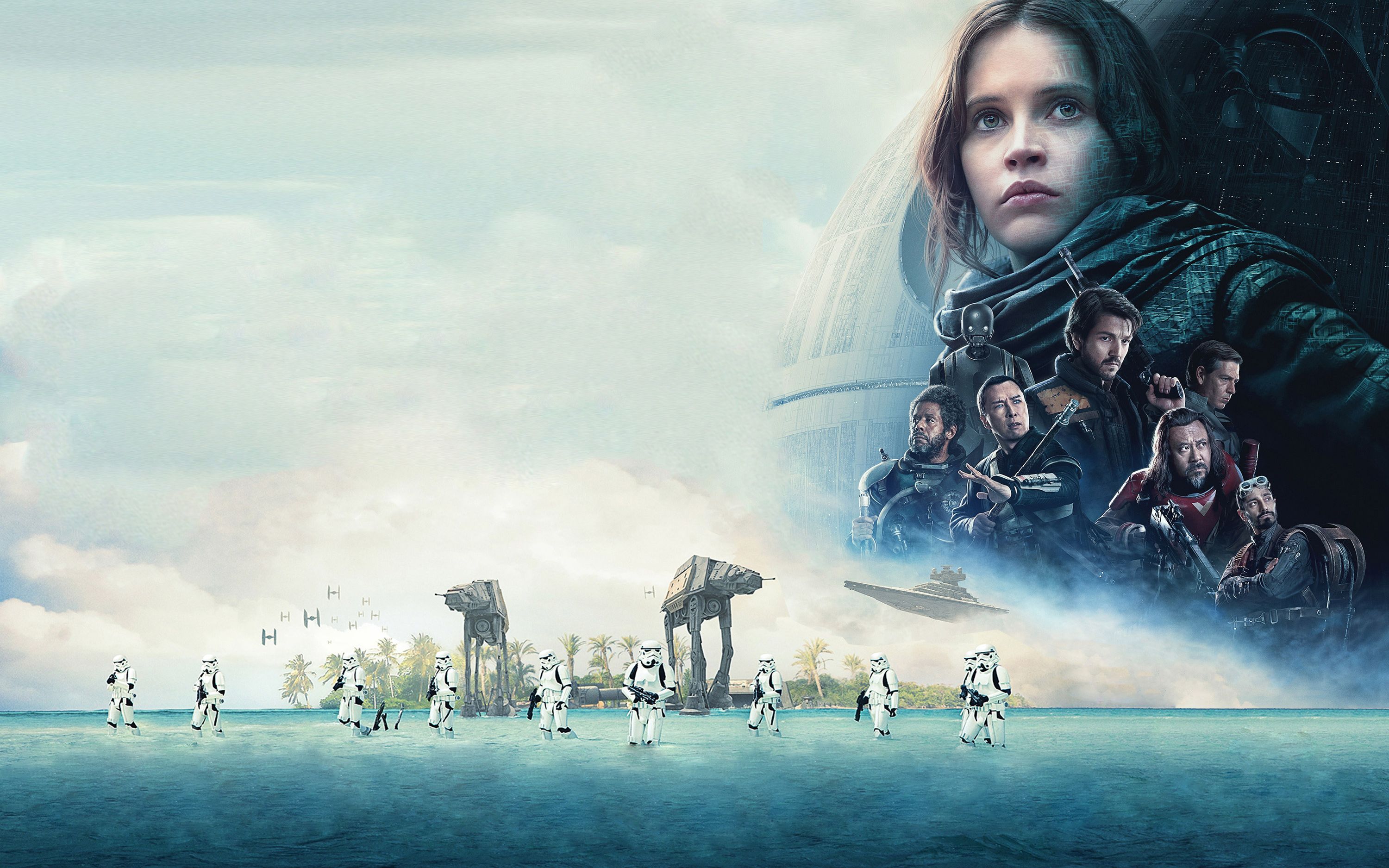
Rogue One: A Star Wars Story (2016) Review
 We've seen this before, but that isn't what stood out while watching Rogue One: A Star Wars Story. Here we have a competent tale of a rebellion taking on an Empire, only on this occasion the events on screen don't really inspire the hope that it wants to. When Rogue One came to an end, I couldn't help but feel a little hollow, as my hopes for a more unique direction were shattered by a sub-par, by-the-books product.
We've seen this before, but that isn't what stood out while watching Rogue One: A Star Wars Story. Here we have a competent tale of a rebellion taking on an Empire, only on this occasion the events on screen don't really inspire the hope that it wants to. When Rogue One came to an end, I couldn't help but feel a little hollow, as my hopes for a more unique direction were shattered by a sub-par, by-the-books product.
Rogue One is a stunning film. Every planetary set piece is gorgeous, every action sequence beautifully directed, and in those instances Gareth Edwards treats his characters justly. But outside of that, it's an awkwardly strung-together band of characters that are messily introduced in the film's first act, and they teeter inconsistently on the scales regarding just how much affection they deserve at all. Really, only two of them earn any sort of connection, and only one I really cared about.
Fortunately, that one happens to be leading lady Jyn Erso, played with enough reserve and cynicism by Felicity Jones to sell a character that doesn't want to belong on either side of the war. At least, initially. Opening with a prologue designed to replace the opening crawl, and therefore getting on with things briskly and doing a great job introducing arguably its two most integral characters, the film then hoists us into the present (or, past?), where Jyn is a prisoner for a brief time span before being dragged into the war purely because of her familial connection to the plot. The prologue plays out like a story being told by a fireside, and throws back to the franchise's former glory in style and substance. It's similar to a myth, or a ghost story, so familiar yet just different enough to give us a compelling launch. The concept of the Jedi works better as a myth than as a physical presence, in my opinion, and it's one of many reasons for the prequel trilogy's over-abundance of style and lack of anything else. The Erso family's belief in the force is evidence that its strength runs deep, and throughout the film it's treated as a religion more-so than anything else.
Mads Mikkelsen plays Galen Erso, carrying on the Star Wars tradition of tying its themes directly to familial bonds. His part is the heart and soul of the film, and a part of me feels as though Rogue One might have been more interesting from his perspective. It's eventually as though he exists simply as a motivating presence, which isn't a problem in and of itself; only that he's the most interesting character in the movie. But extending from that point, it all feels very noticeably calculated. It is an experience based off of what works on the big screen, like ticking off boxes. It doesn't stray from that. Yes, it strays from the typical Star Wars formula. It embraces a more violent, war-weary tone in order to convince us that, for the first time in the franchise, it actually is a war tale that we've been witnessing all along. But everything feels like essential choices in the script to move the plot from point A to point B.
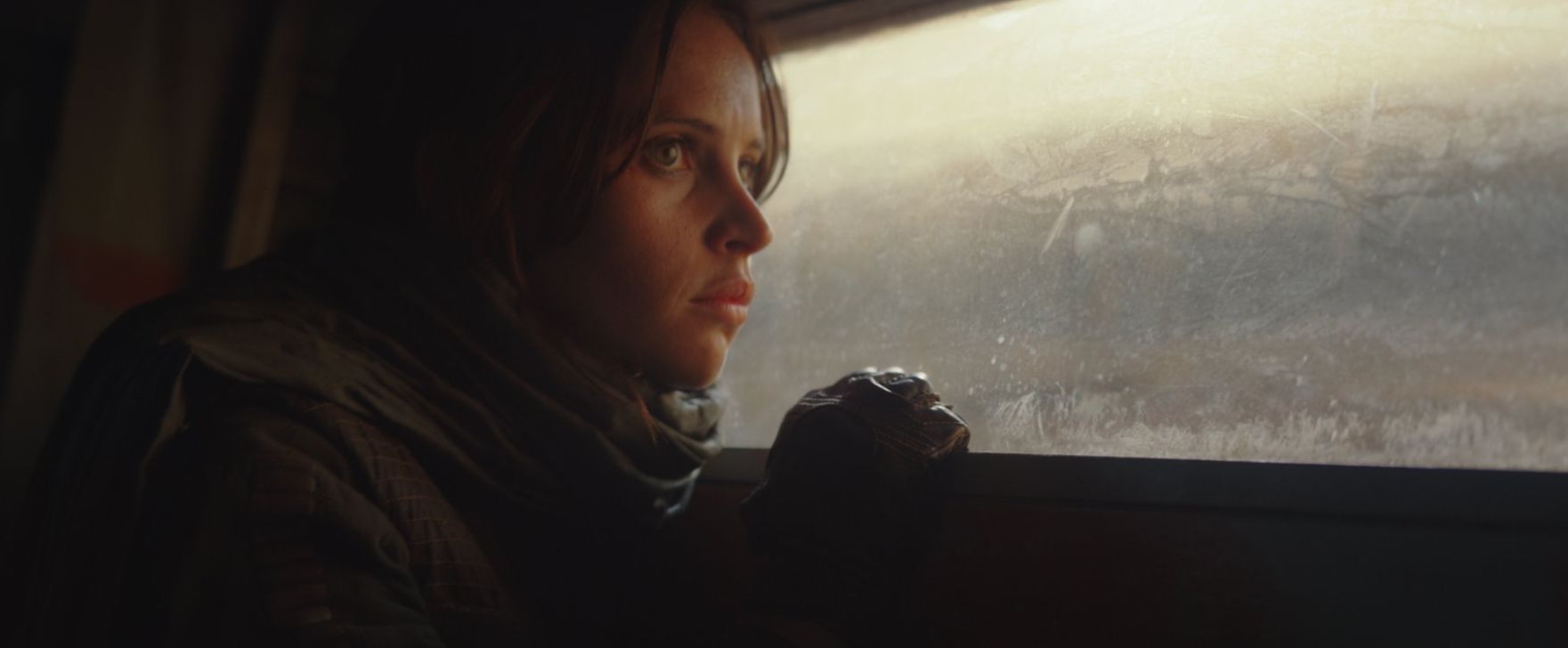
I couldn't buy Jyn's sudden dedication to fighting back against the Empire, even if it tied directly to her father's role in the film. It's such an undeserved change of tune given what we'd been shown of her up to that point. Her assembled cast around her also offer little to inspire her desire for rebellion. Diego Luna does solid work as Captain Cassian, though her and Jyn's eventual affection for one another, as team-mates, feels genuinely artificial.
As far as the plot goes, it's standard fare. It's basic, which is certainly not a bad thing. Its ties to the very first Star Wars film are enjoyable (even if the film's final shot did feel a little too ham-fisted), and its cameos are a joy for longtime fans of the franchise. The final act of the film is visual splendor, a gorgeous series of sequences that jump from setting to setting, and the space battles are perhaps the best they've ever been. The climax, however, comes to a crashing halt, tying things up so abruptly with each of its characters (most of whom did little to earn their spotlight) that in some respects I felt cheated. Michael Giacchino's soundtrack is serviceable, but its efforts to heighten the drama fall short.
The film's highlight, perhaps in both story and visuals, comes around the midpoint, when the rebels infiltrate an imperial base. It shows off a team that isn't quite gelling just yet, but it starts the process. It's a sequence that ends brutally, and is perhaps where I began to fall out of love with what I was watching. The film's darker edge is a nice change, but it's attempts at levity rarely inspire much of a reaction.There's only so much the film can trade on sentimental iconography, and while it is stirring to see Storm Troopers treated as genuine war soldiers, they're just glorified marks for the good guys to shoot their weapons at. Taking this creative route makes it even clearer how black and white the franchise really treats its material. There needs to be a better explanation than, as Orson Krennic (Ben Mendelsohn) puts it, "gotta start somewhere," when rebellion is such a sheer focus.
As a prologue to A New Hope, Rogue One is not a boring film. But it is a generic one. It's a gorgeous, well acted, well filmed story filled with fan-pleasing cameos and allusions to what comes next for the rebellion, but its script and its characters leave a lot to be desired. It comes to an end like a traffic light that skips amber and goes from green to red in an instant, slamming on the breaks and giving so little of a satisfying resolution. It ends emptily, and jarringly, but it at least inspires the need to sit down and revisit the original trilogy once again.
